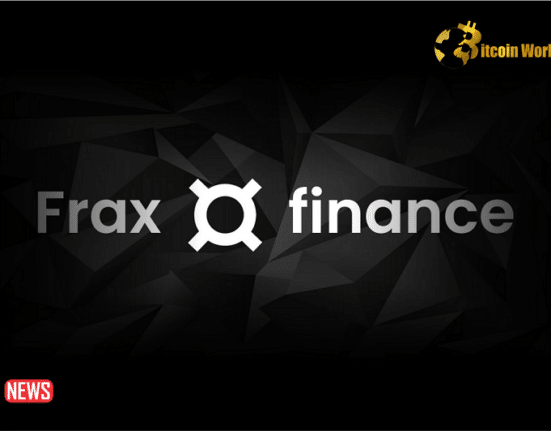In a move that signifies the escalating tension between crypto exchanges and regulators, Binance, Binance.US, and Changpeng Zhao have pushed to dismiss a lawsuit filed by the Securities and Exchange Commission (SEC). They argue that the SEC has failed to provide substantial evidence of alleged securities-related violations. Moreover, they emphasize that the regulator is trying to stretch its jurisdiction over digital assets, even when Congress still needs to define it in legislation clearly.
The origins of this legal skirmish trace back to June when the SEC accused Binance and its affiliates of unlawfully listing unregistered securities. These securities were various cryptocurrencies that U.S. investors could trade and invest in. The lawsuit raised eyebrows and sparked a fierce debate over who rightfully had access to Binance.US customer funds.
In recent filings, Binance’s attorneys accuse the SEC of overstepping its boundaries. One filing stated, “The SEC recently brought several enforcement actions – including this action – premised on its new position that virtually all crypto assets, and virtually all crypto asset transactions, are securities.” They also pointed out the agency’s broad interpretation of the term “investment contract.”
Furthermore, both filings highlighted the “major questions doctrine,” a landmark Supreme Court decision. This doctrine mandates federal agencies to wait to decide on vital economic or political issues until they receive clear directives from Congress. Binance’s defense draws attention to the fact that Congress has contemplated numerous proposals since 2019 to create a comprehensive framework for digital assets. Significantly, none have proposed giving the SEC sole regulatory power over the crypto sphere.
However, the path forward still needs to be more precise. The court remains split. Some judges assert that Congress must illuminate the digital asset regulatory landscape. Others feel crypto still needs to hold the clout to necessitate such clarification. While the House Financial Services Committee has pushed some crypto-centric bills for a vote in the House, their fate in the Senate remains uncertain.
Consequently, this case underscores the more considerable debate on crypto regulation. The need for clear legislative guidelines becomes more pressing as the crypto world and traditional regulatory frameworks clash. Only time will tell how these complexities unravel, but one thing is clear: the crypto industry is now at a significant crossroads.















